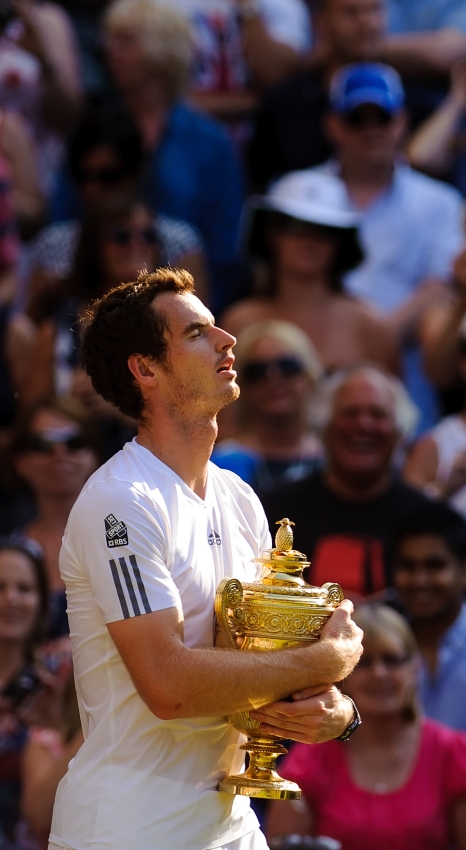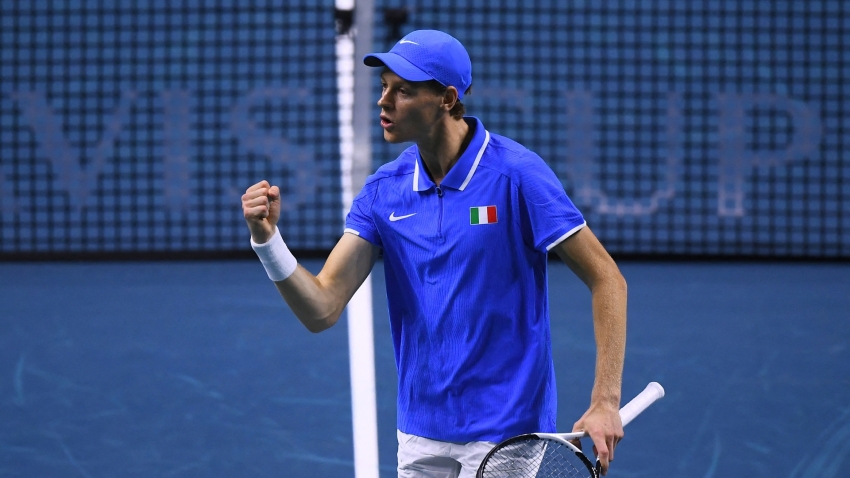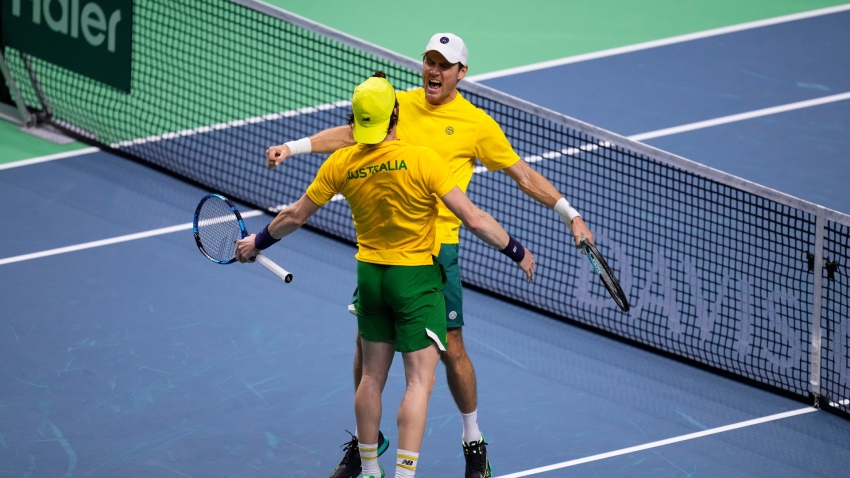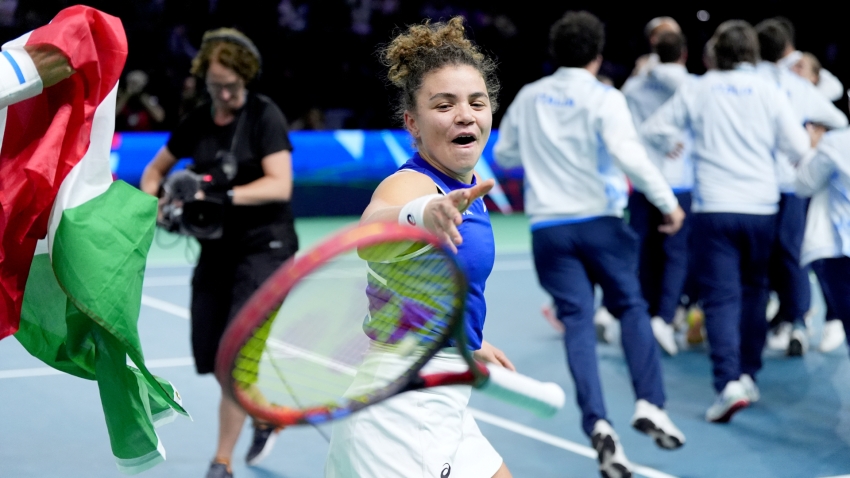As Novak Djokovic bids for more history, Wimbledon organisers will be keeping their fingers crossed that the focus remains on tennis.
Two coronavirus-dominated years were followed immediately by the fall-out from Russia’s invasion of Ukraine, with Wimbledon going out on a limb by banning players from the country and its ally Belarus 12 months ago.
The threat of further sanctions from the tours and a lack of support from the rest of the grand slams led Wimbledon to reverse its position this year, and Russian and Belarusian players will be permitted to return provided they remain neutral and are not funded by the regimes.
Organisers will have followed with some trepidation events at the Australian Open and French Open this year.
A ban on Russian flags in Melbourne did not stop a pro-Vladimir Putin demonstration taking place on the steps of Rod Laver Arena, which Djokovic’s father was – unwittingly, the family insisted – caught up in.
At Roland Garros, meanwhile, high-profile matches between Ukrainian, Russian and Belarusian players saw the likes of Elina Svitolina booed for refusing to shake hands with opponents, while Aryna Sabalenka twice declined to do press conferences after being pushed on her political beliefs.
Similar behaviour from the crowd in the more genteel setting of SW19 appears unlikely but the prospect of the Princess of Wales presenting a trophy to a Russian or Belarusian player is very real.
Sabalenka will be among the favourites to win the women’s title while Russian duo Daniil Medvedev and Andrey Rublev are both in the top 10 of the men’s rankings.
Another concern for organisers, meanwhile, will be the potential for environmental protesters to disrupt the tournament, with Wimbledon offering global exposure.
On the court, Djokovic will be heavily favoured to make it three straight slam victories having lost just twice at the All England Club in the last decade.
The Serbian, who has been overtaken again at the top of the rankings by Carlos Alcaraz, can equal Roger Federer’s men’s record tally of eight Wimbledon singles titles, while a 24th slam would draw him level with Margaret Court’s all-time mark, which has stood since 1975.
Having been struck down by cramp in their first slam meeting in Paris earlier this month, Alcaraz will be hoping for another shot at Djokovic, and he showed he is learning quickly on grass by claiming the title at Queen’s Club.
Last year’s finalist Nick Kyrgios has been hobbled by knee surgery this season and it is tough to think of realistic challengers to Djokovic.
Ten years on from his memorable victory over the Serbian to win his first Wimbledon title, it is stretching credulity to imagine Andy Murray could be in the mix again, but the Scot remains one of the few grass-court naturals and, if the draw is favourable, he will fully believe he can reach the second week at least.
British number one Cameron Norrie, meanwhile, will be hoping to emulate last year’s breakthrough run to the semi-finals.
The women’s draw is much more open, with former semi-finalist Sabalenka looking to overtake Iga Swiatek as world number one.
The Pole’s dominance on clay is not replicated on other surfaces, and defending champion Elena Rybakina should also be a strong contender having built impressively on her success.
New British number one Katie Boulter leads the domestic challenge in the absence of Emma Raducanu and is one of a number of home players who, draw permitting, is capable of causing upsets.































